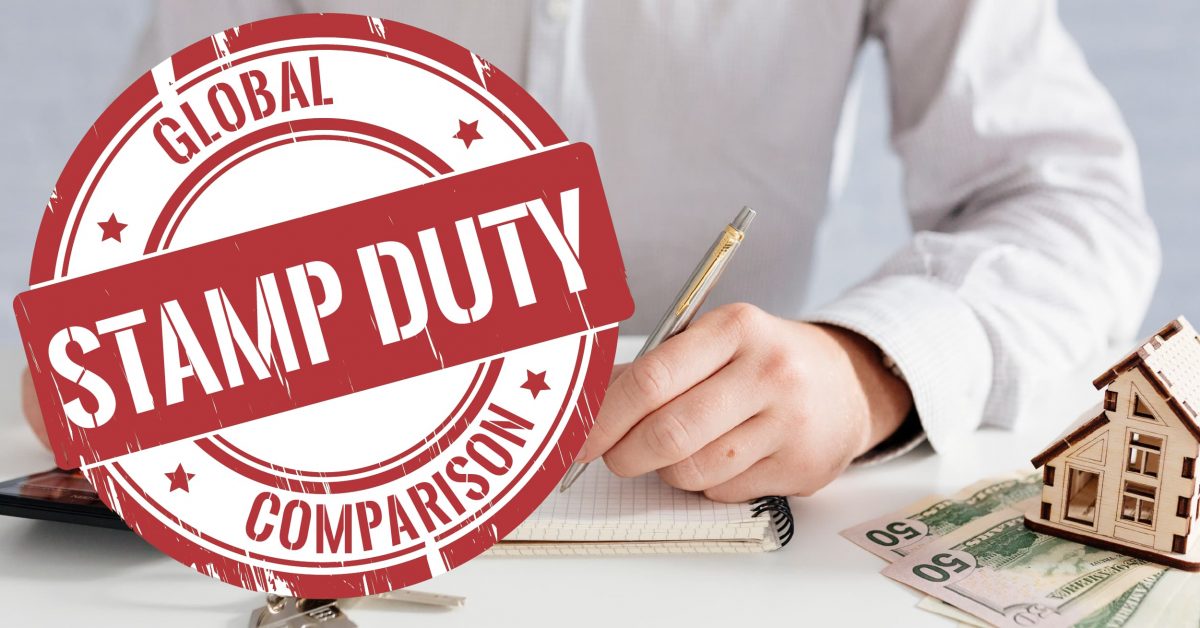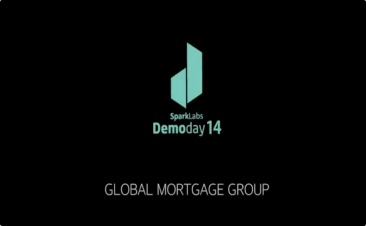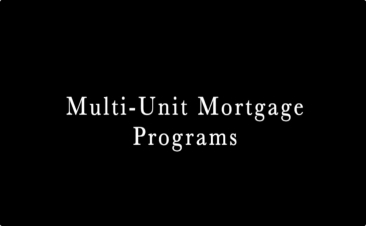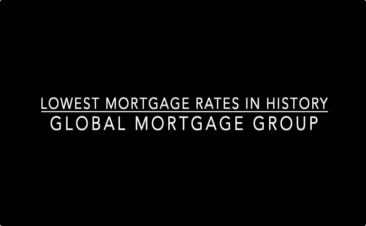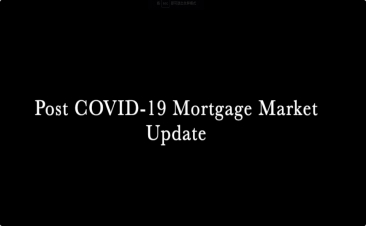A pre-approval denotes an official letter from the mortgage lender outlining the maximum mortgage amount they are willing to lend you. It's not a commitment but only a rough estimate of the loan that you may borrow from that organization, the possible interest rate, and the monthly installment figure.
You can get the pre-approval document by filling up a loan application. The lender will ask you to submit some paperwork, including pay stubs, credit check, bank account statements, tax returns, and W-2 statements. An officer will look into the information provided and give you a written statement detailing the mortgage amount you are qualified to borrow.
A pre-approval does not guarantee the approval of a loan. It just means that the lending company has looked into your assets and other aspects of finances and chalked out the sum of a loan against that credit history.
At Global Mortgage Group, we approve over 97% of all applications. Some of our loan programs don't even require verifying the applicant's income! Mortgage pre-approvals have an expiry duration, ranging between 30 and 90 days, depending on the lending company. Meaning, you will need to find a home and apply for the loan within that expiry window. Upon the pre-approval document's expiration, you will need to apply for a new one that may affect your credit score a bit.
A pre-approval solidifies your financial stability and seriousness to the house seller. You can stand ahead of other potential buyers in a competitive market. This will particularly help first-time homebuyers to convince the seller that they are ready to put in an offer. Some people confuse between pre-approval and prequalification. However, the latter does not have much credibility since it does not involve a thorough investigation into your incomes and credit score.







